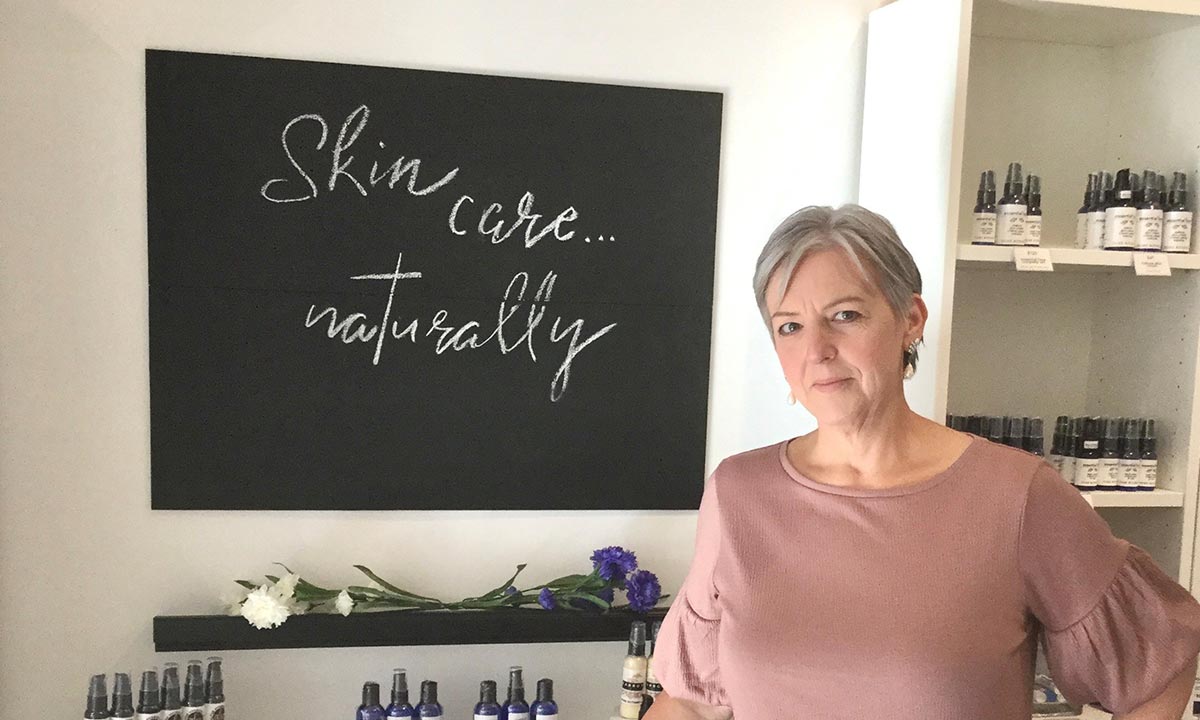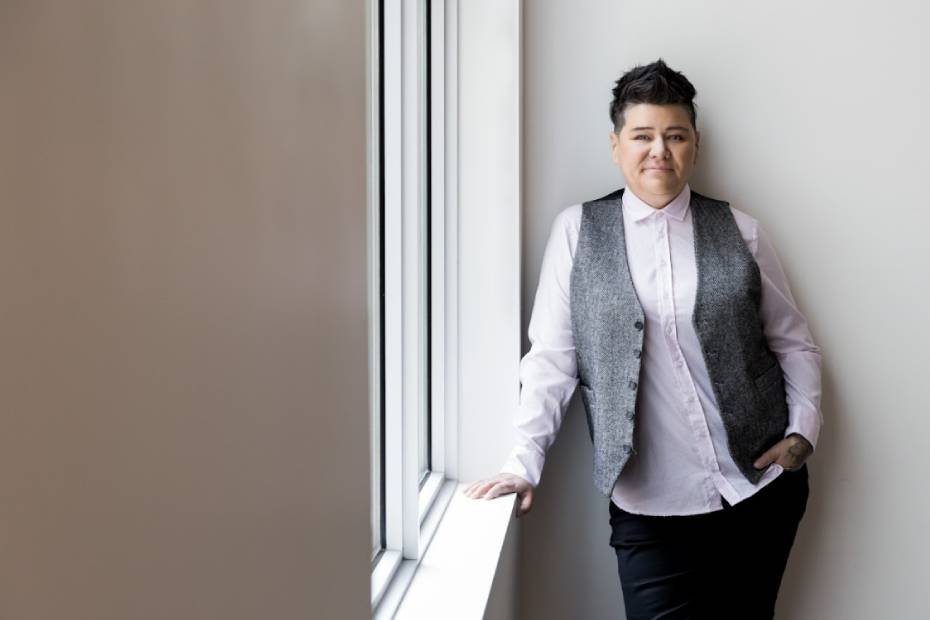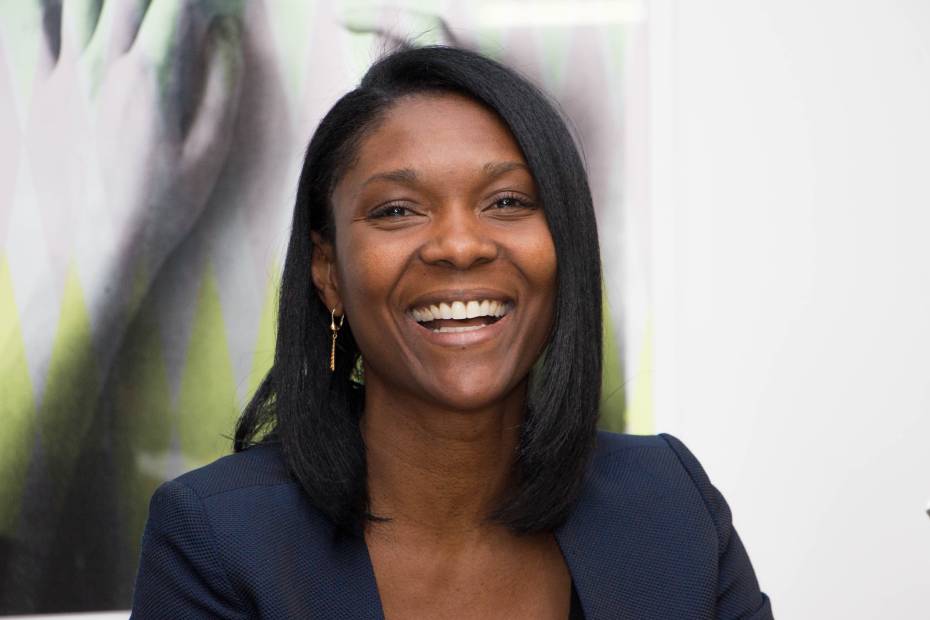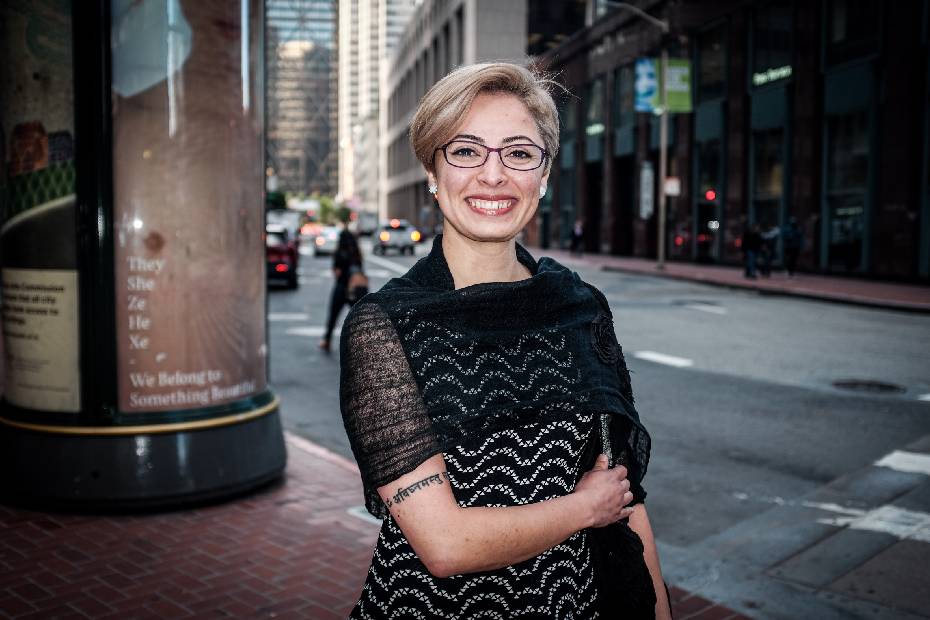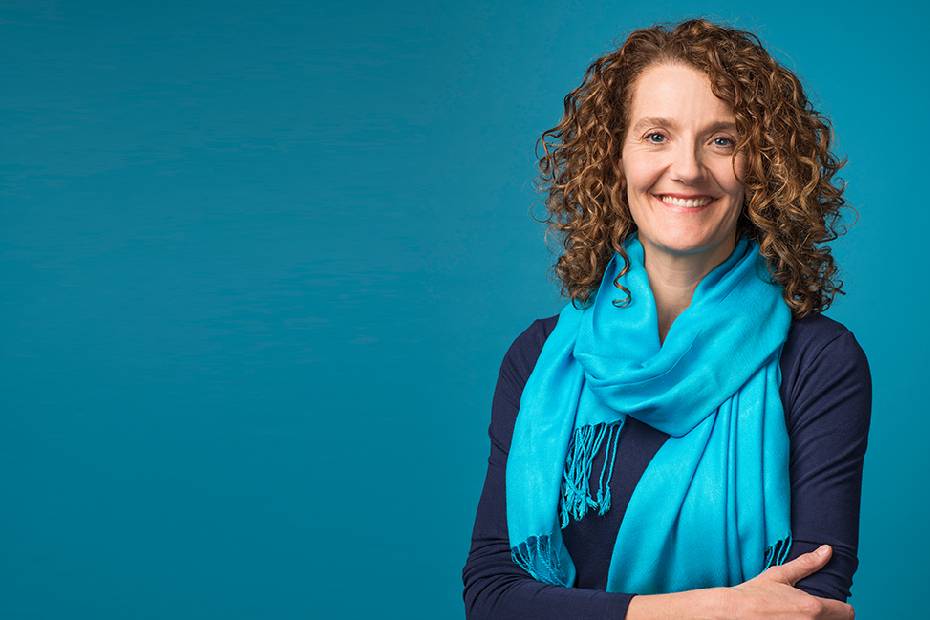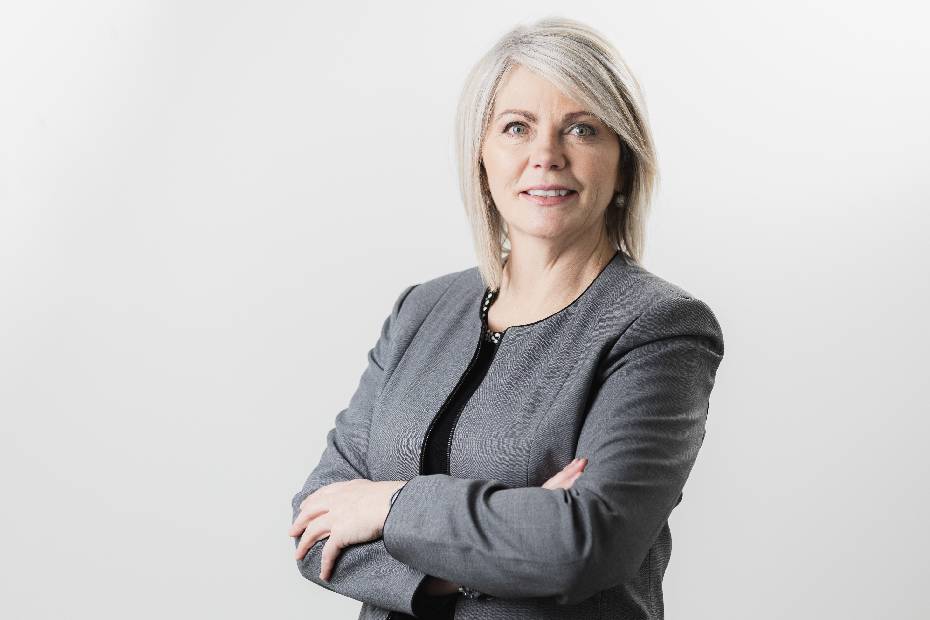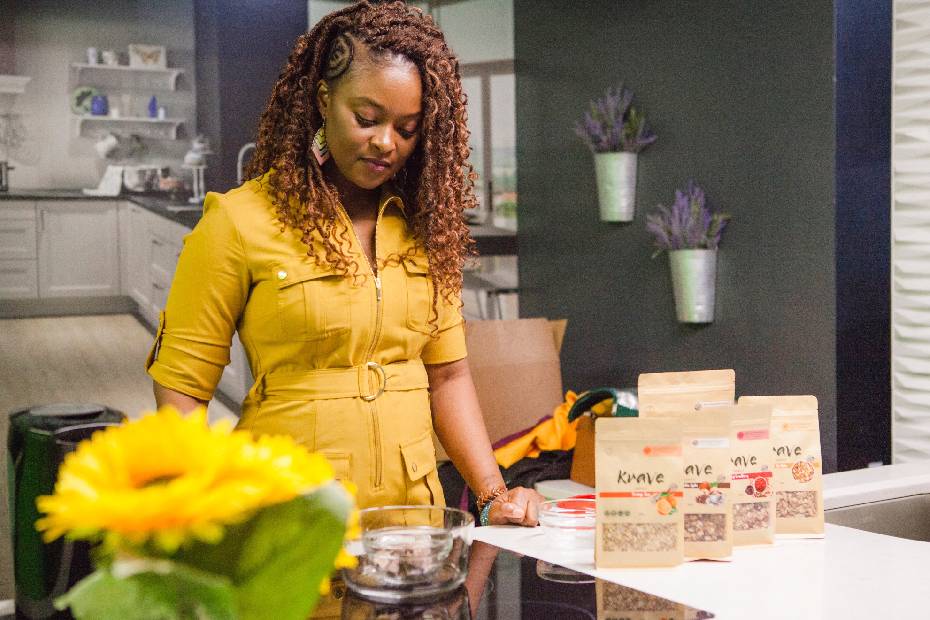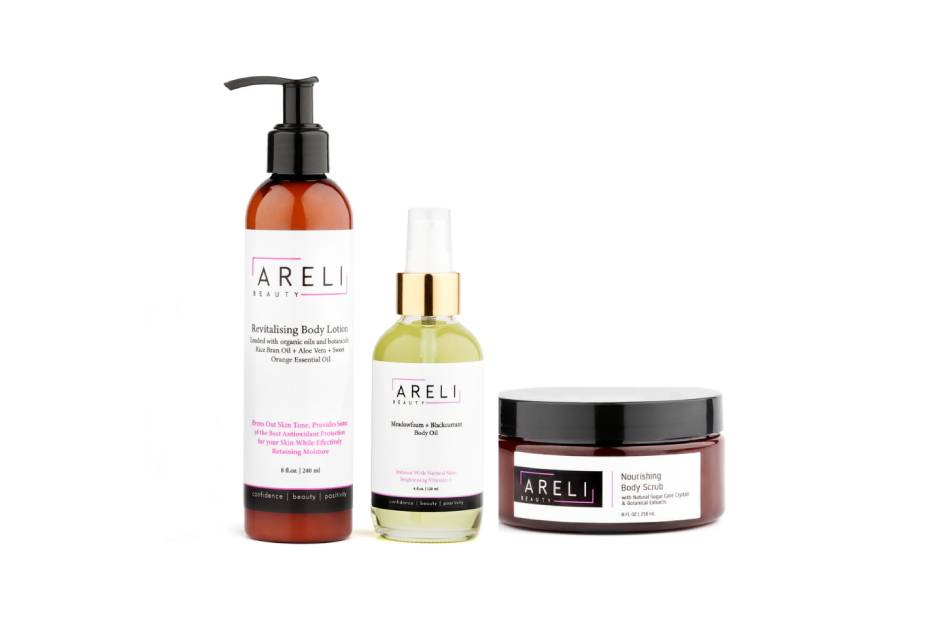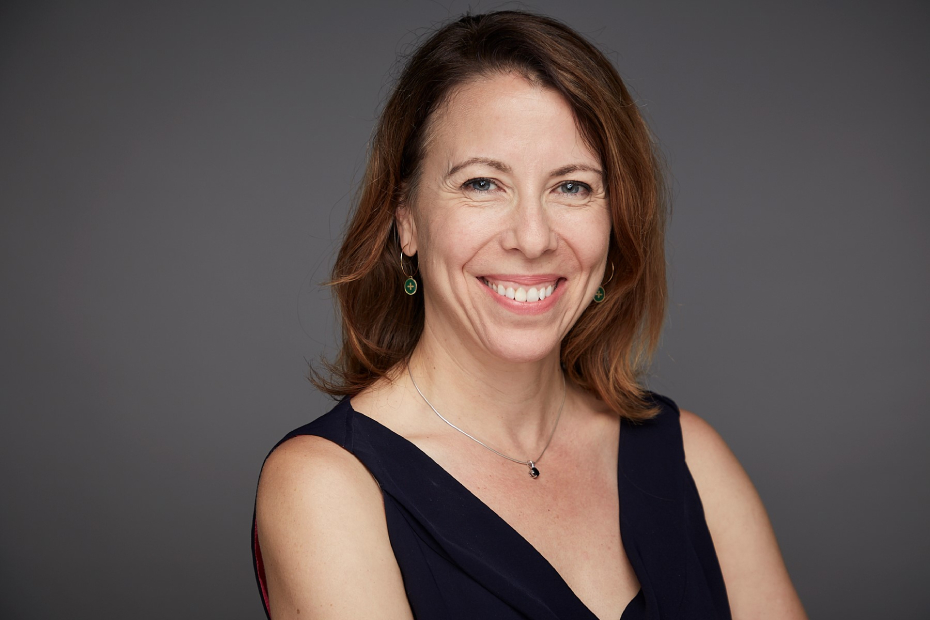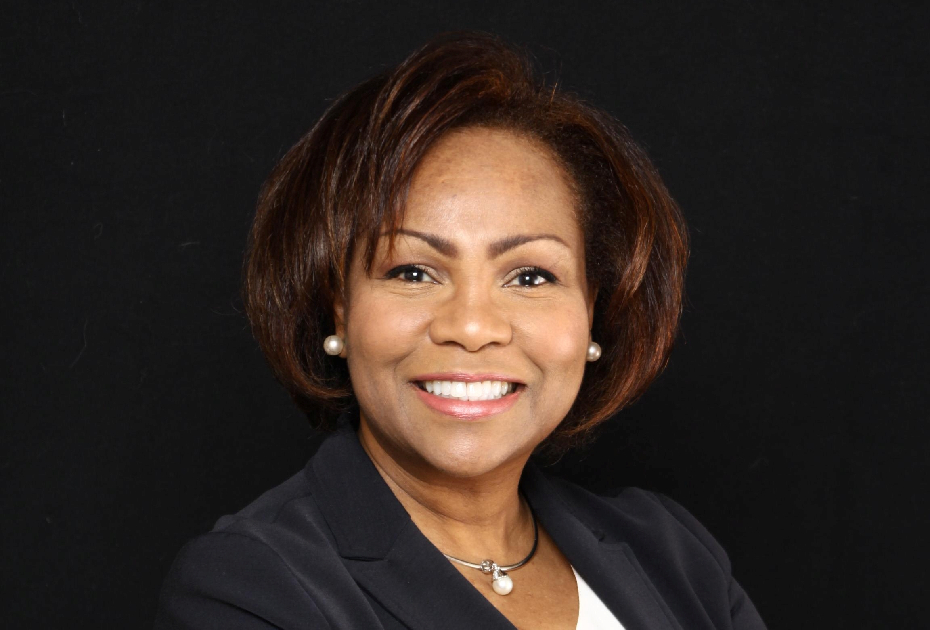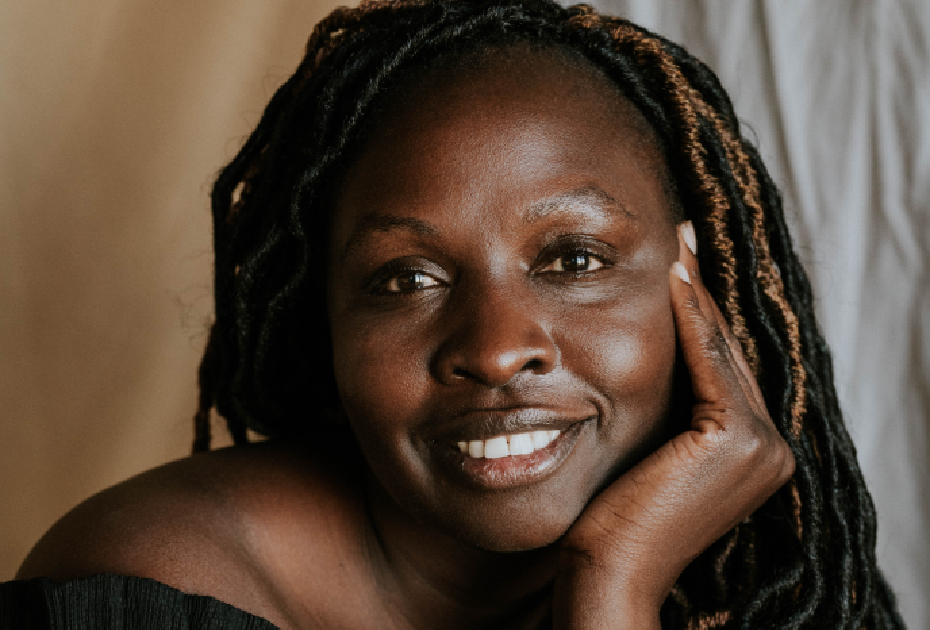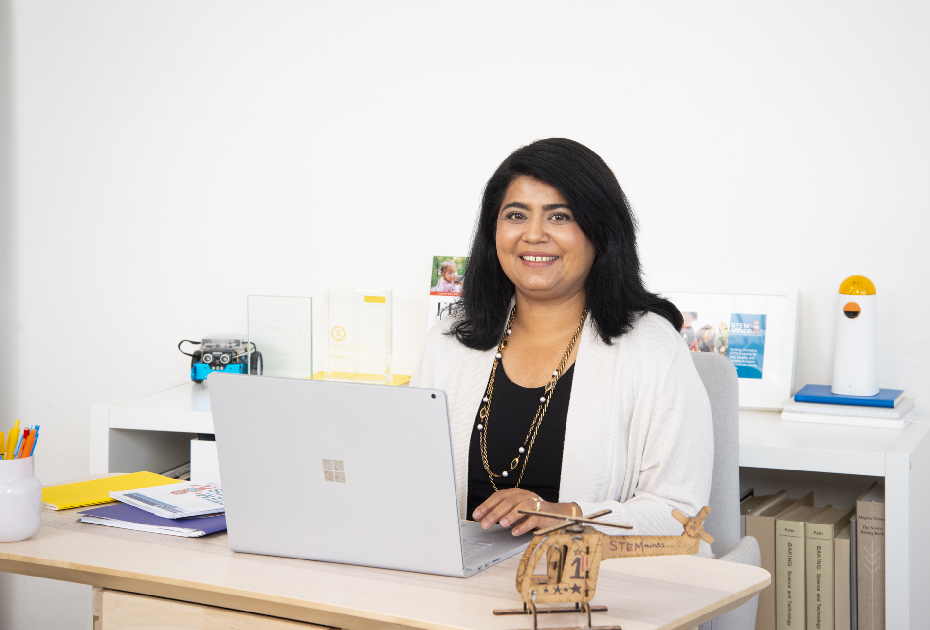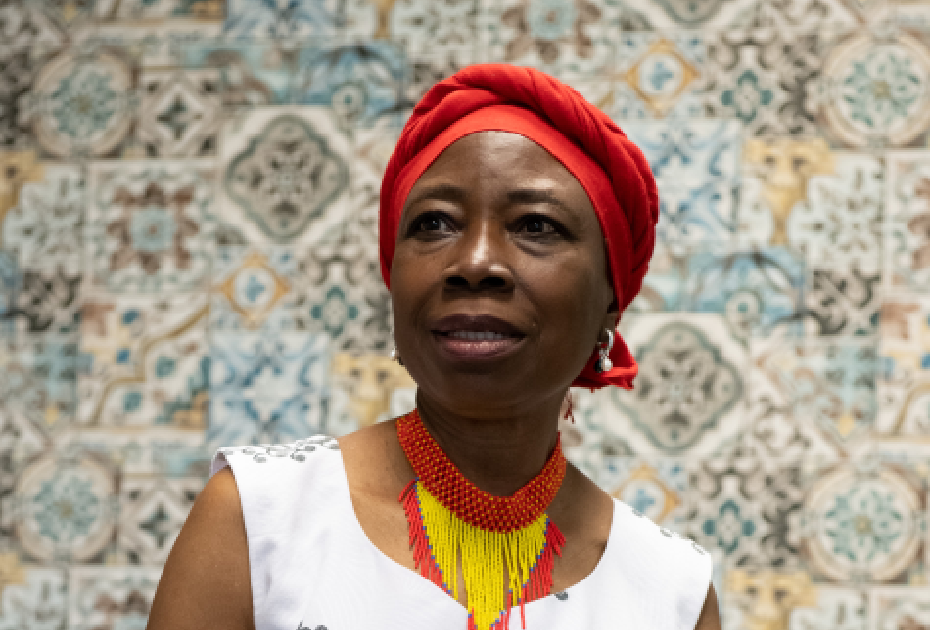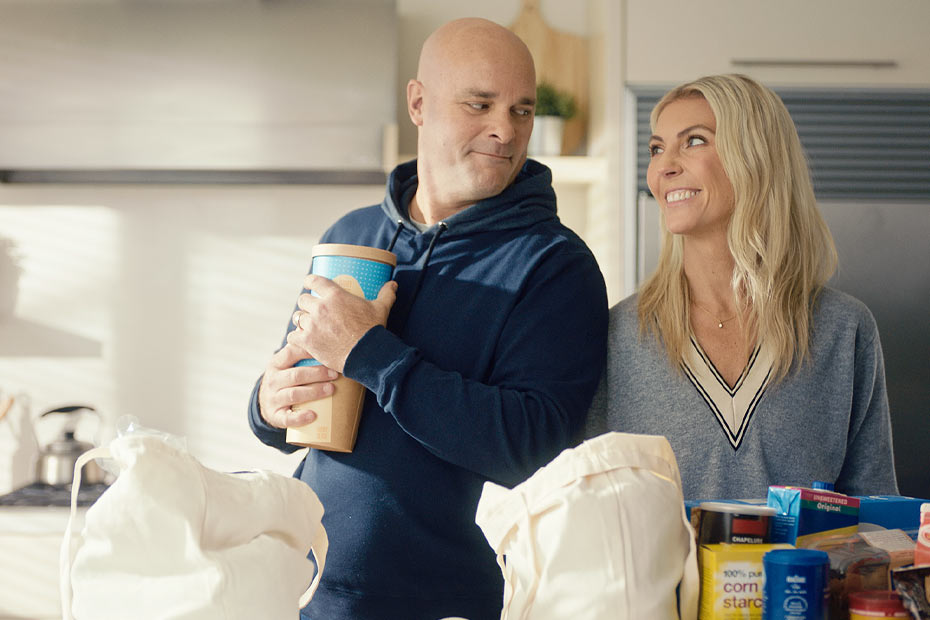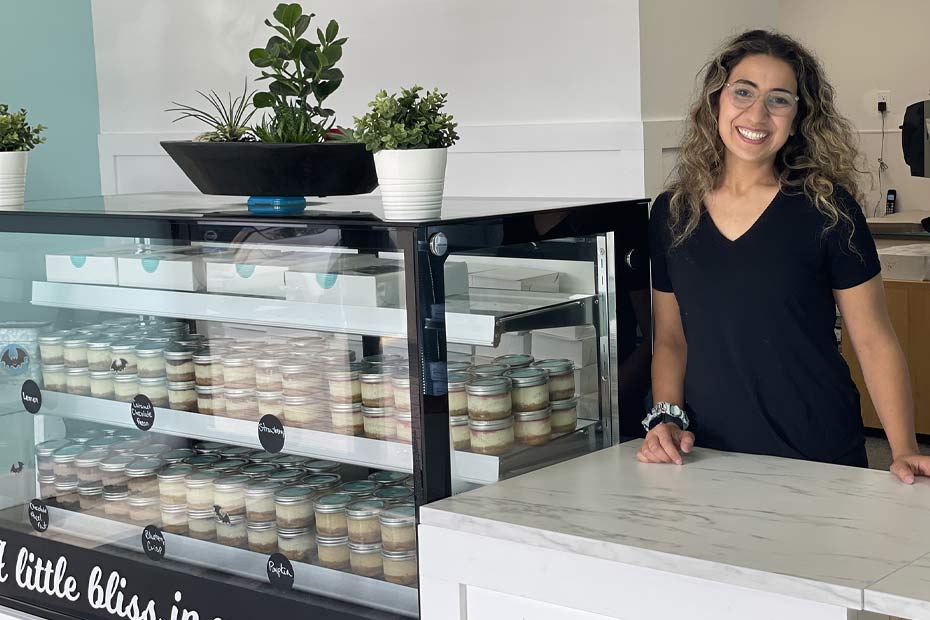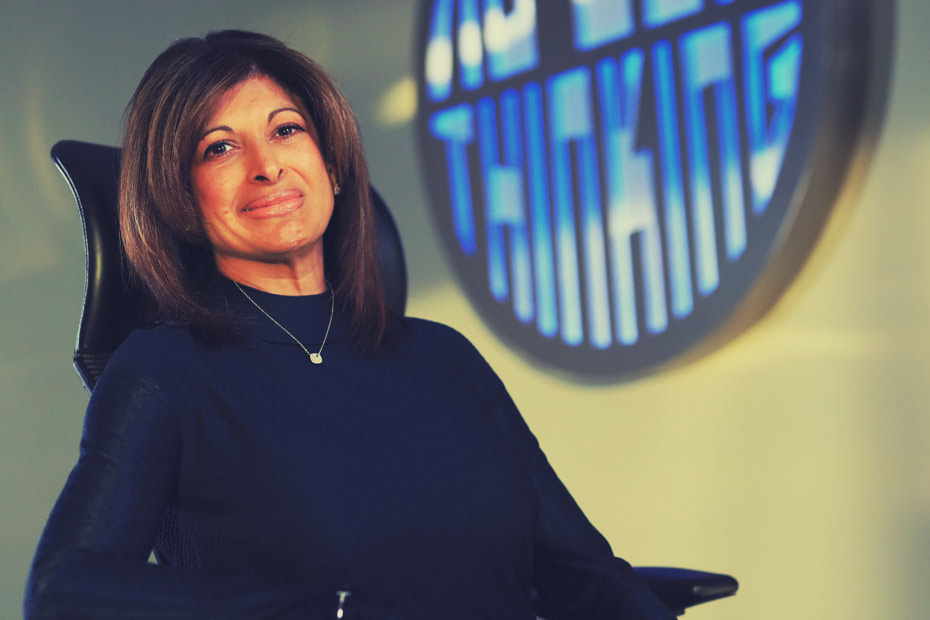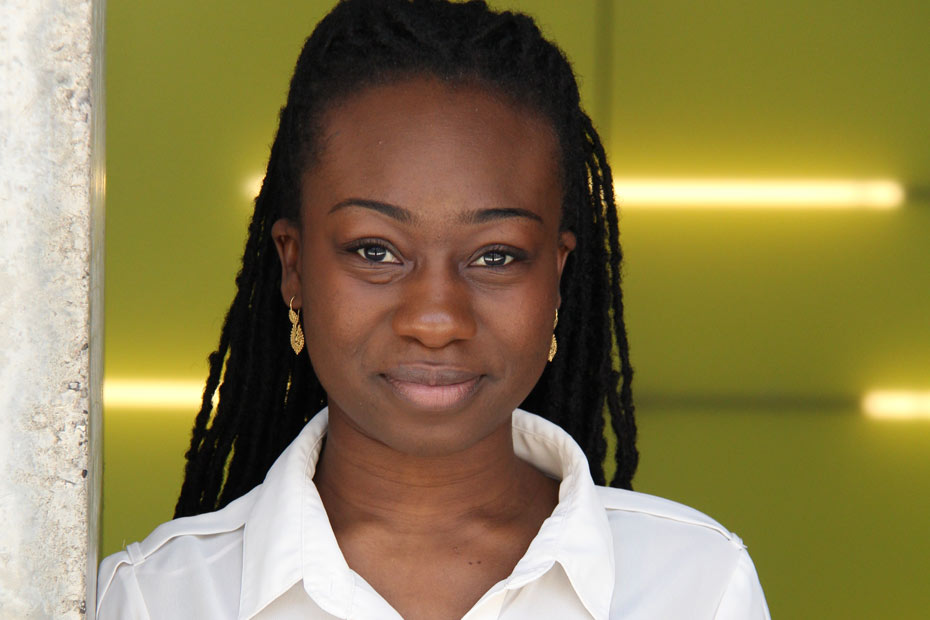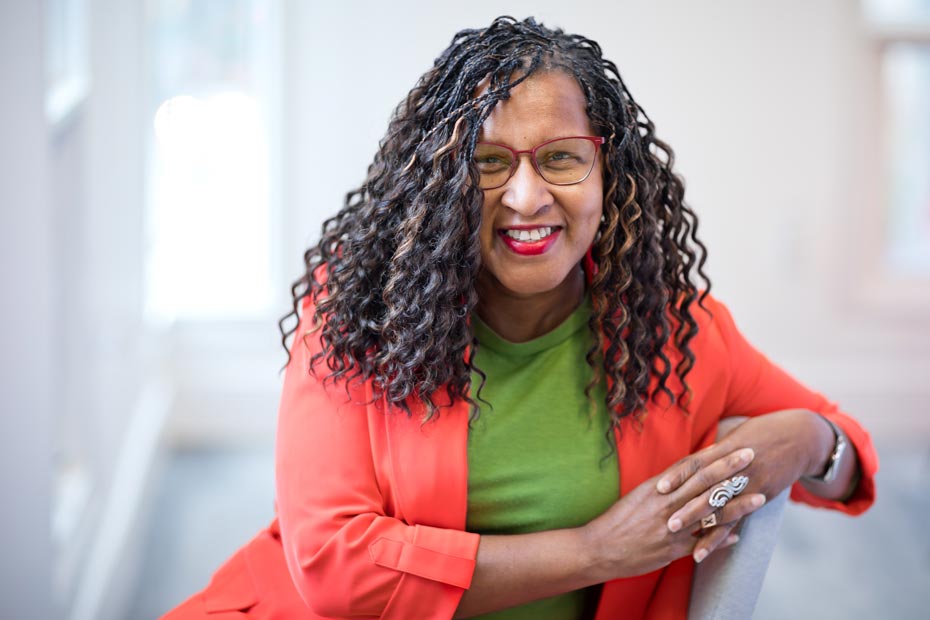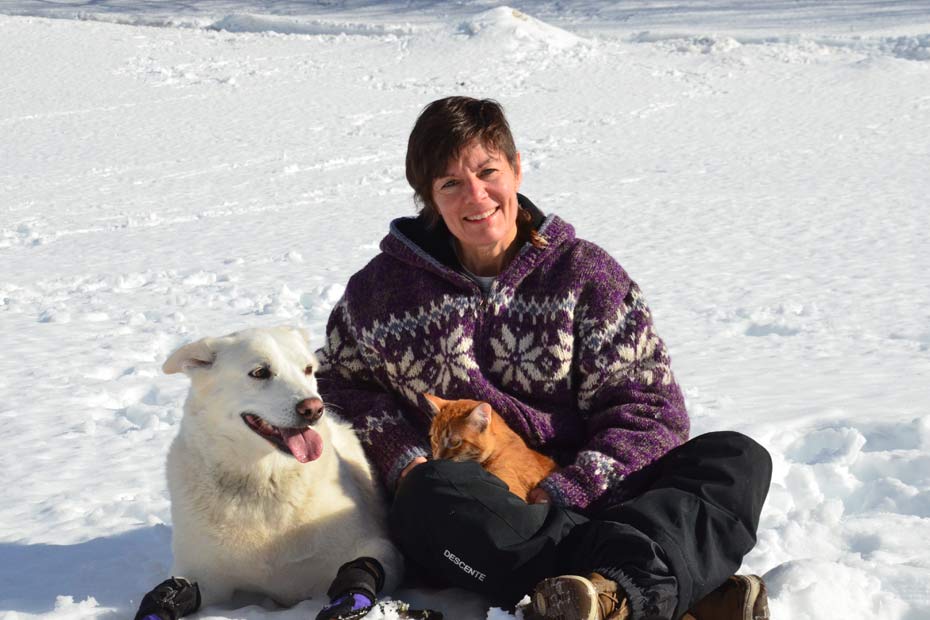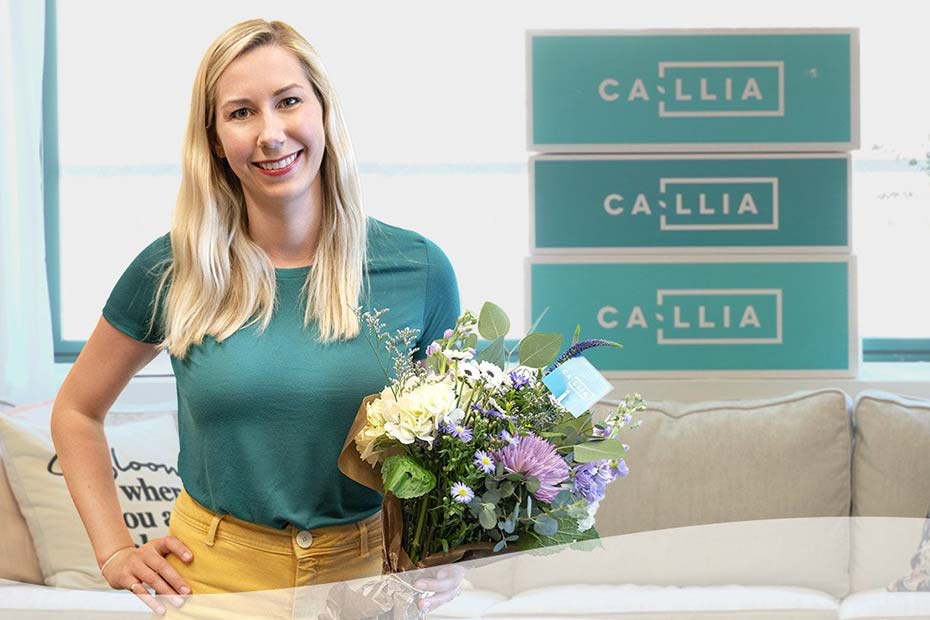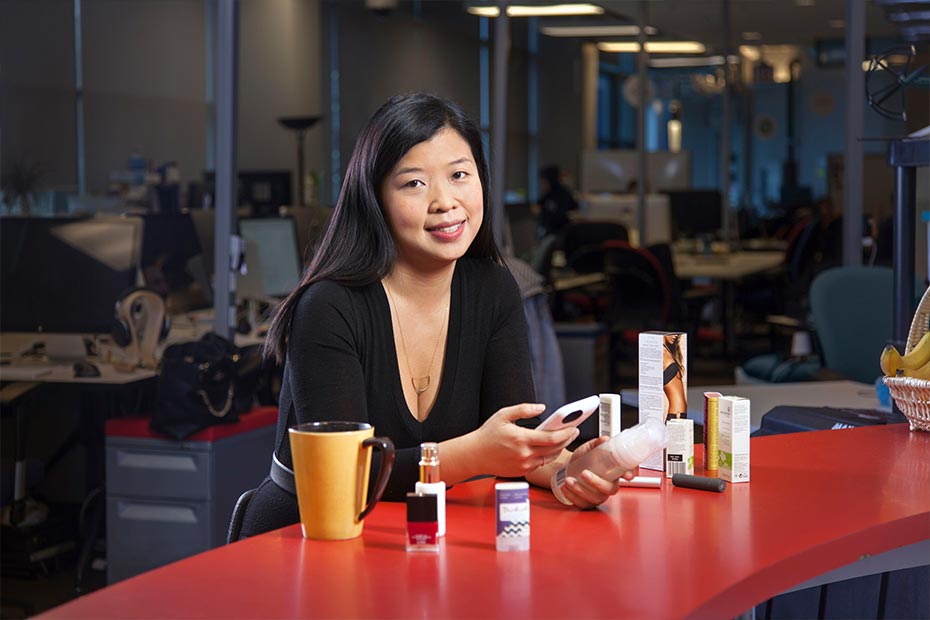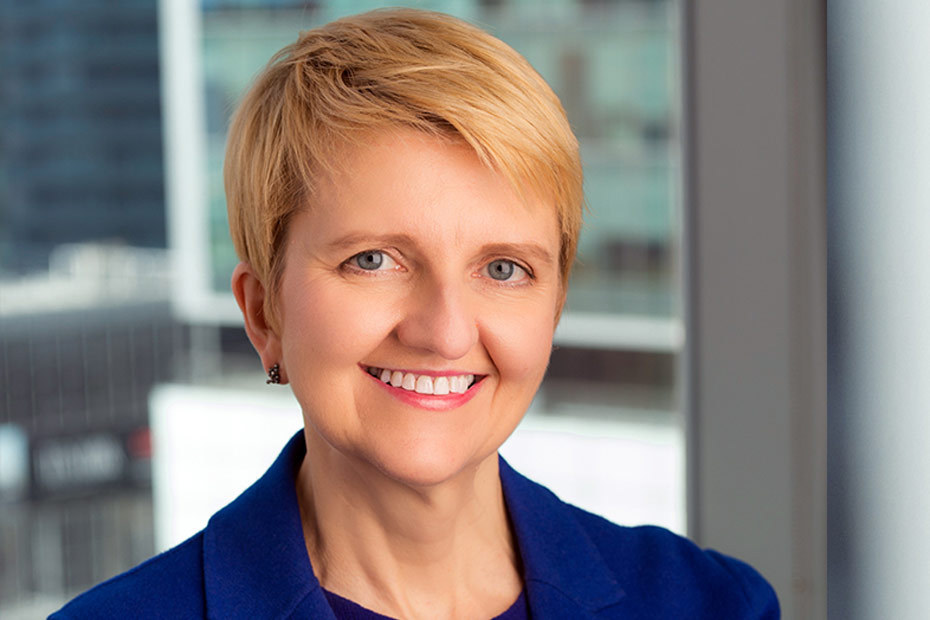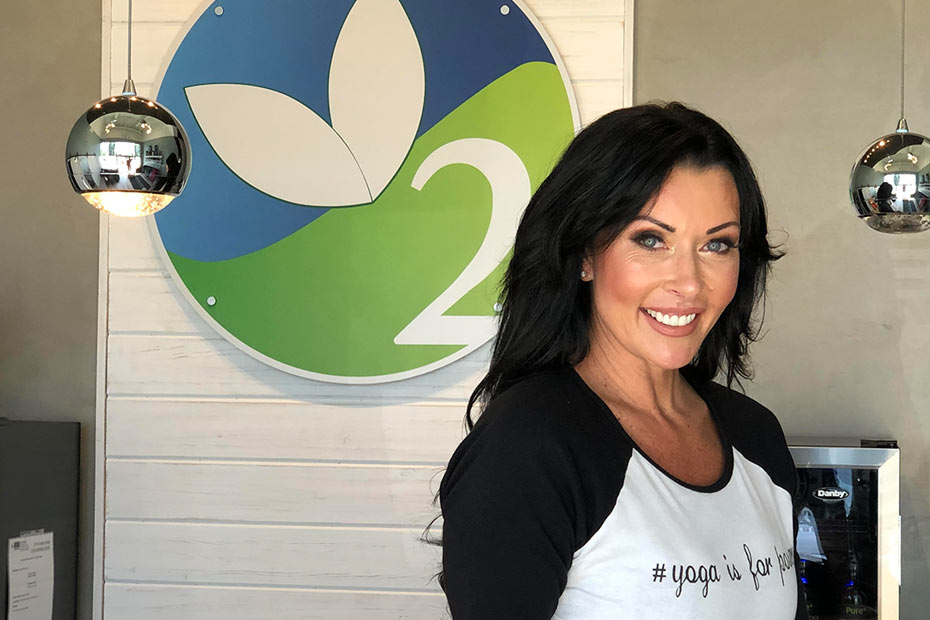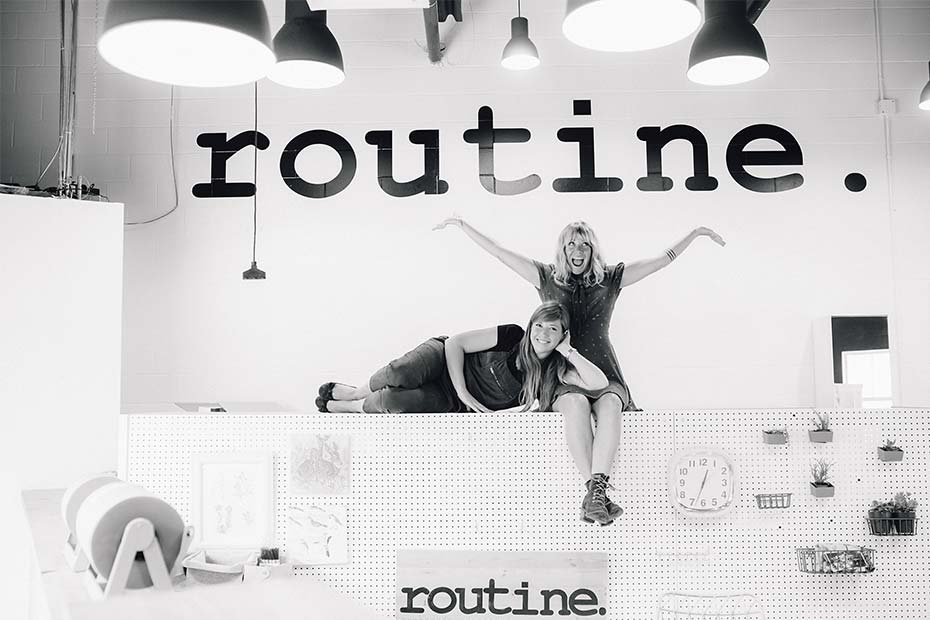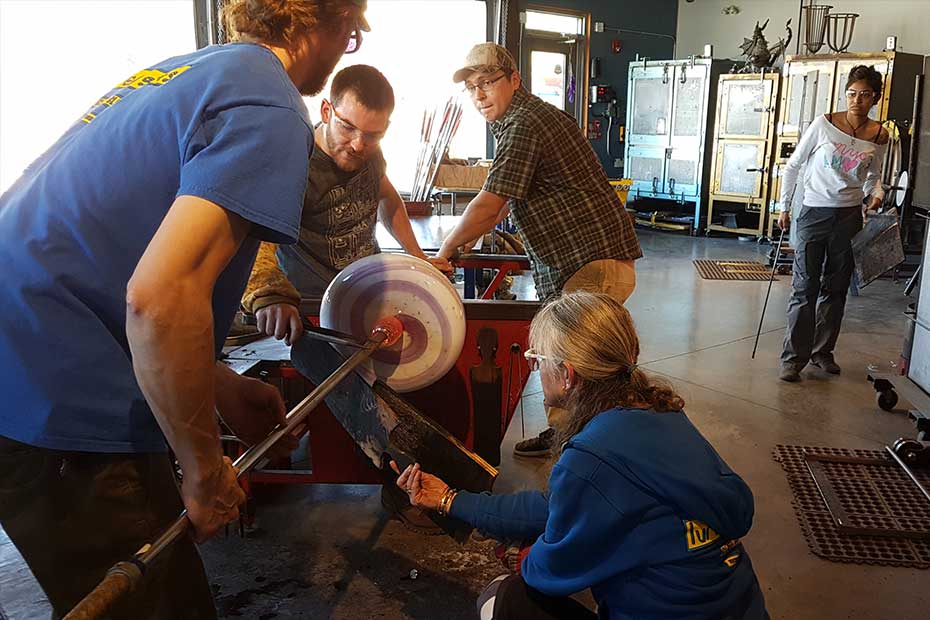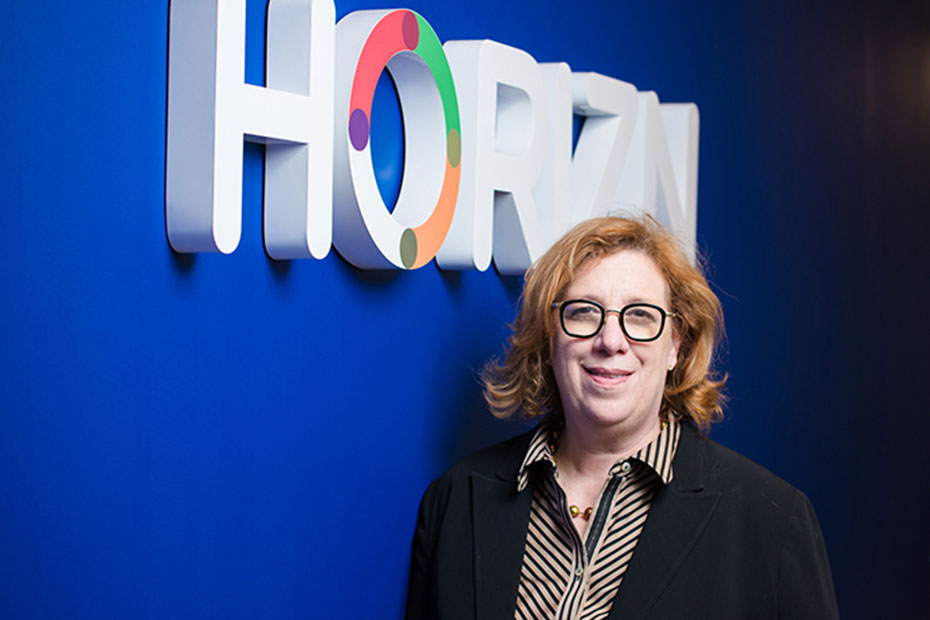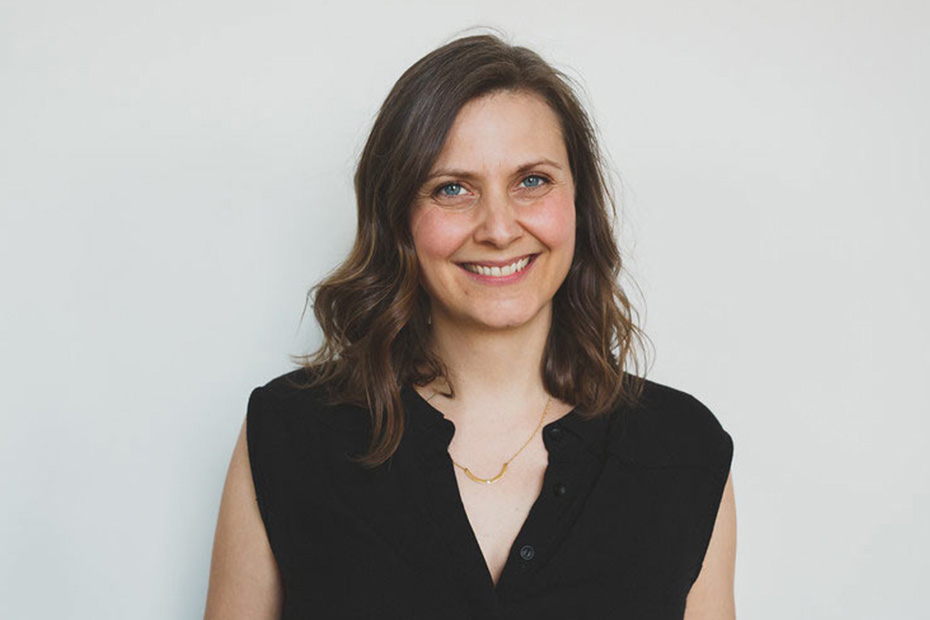Ever wondered how successful entrepreneurs turn their dreams into reality? What drives them to push the envelope, create change and advance their industries? We had the opportunity to ask Canadian small business owners how they transformed their ideas, goals and passions into reality.
Kathleen Quinlan, finalist for the Micro-Business Award at the RBC Canadian Women Entrepreneur Awards, has been hand-crafting 100% natural skin care products for many years, starting with a spoon and a bowl in her kitchen. In 2009, she founded Fiore Botanica, and has worked and watched as her vision and passion have transformed over the years into a thriving business.
Q: What motivated you to start Fiore Botanica?
Quinlan: After a serious illness I wanted to limit my exposure to less than desirable ingredients in my personal care products. I went to the health food store and picked up a cream that was marked “natural.” However, I started reading the bottle and found ingredients that I was trying to avoid. I called Health Canada and said: “Hey, I saw this product, it’s marked natural, and has all these ingredients!” Their response was that only 65% of the ingredients need to be on the natural list to call yourself natural.
That didn’t work for me. I am an aromatherapist with a chemistry background and I wondered if I could figure out how to make a cleanser, face cream, toner, and maybe body lotion. I started with a spoon and a bowl in my kitchen.
I also worked as a massage therapist with a lot people in the film industry. I would use my creams on A-list actors and actresses and they would all say “Oh my god, what cream is this?” I’d say, “It’s my cream!”
I registered my product with Health Canada and at that time, you could only buy it from me at a massage appointment. Then people started contacting me who were friends of friends of friends. I realized how much I loved doing this, and felt a real connection with it. I saw all this interest, I knew I had a 100% natural product, and I knew this was for me.
Q: There are many skin care companies in business today. What makes yours unique? What is your secret for success?
Quinlan: Being 100% natural is a differentiator. Consumers are becoming much more educated these days and understand how to read labels and know what is natural and what isn’t.
And in fact I actually don’t put the word “natural” on my products. Natural is a marketing word that others use to justify higher prices.
Q: How do you prioritize working ‘in the business’ versus ‘on the business’? Is it tricky to manage your time sometimes?
Quinlan: I always have a very large list of things to get done in a day — and I often get through most of it, but I am realistic with myself. For business owners, the business starts and ends with us — we have to cut ourselves a break sometimes. Because if you don’t cut yourself a little slack sometimes you could run yourself into the ground — and that’s not good for anyone.
I am tired at the end of the day, but it’s the best tired. That’s a different kind of tired than working at something that you’re not so connected to. I have such a sense of satisfaction at the end of the day.
Q: What about hiring staff? How do you find amazing people to represent your brand?
Quinlan: Fiore Botanica is a small business which means a lot of the day to day is done in house by me. Being in a small community I tend to hire more students in the summer — mostly because I want to help them have the opportunity to stay in university.
I get the best, and have no pre-determined look or idea of what the person should be. I’ve had some incredible young men working in the retail store as well as in production. What I love is breaking down stereotypes so when I’d be asked: “Why do you have a boy selling skin care products?” My answer is: “Because he’s fabulous!”
Q: Who are some of the people who have supported you on your journey?
Quinlan:
When I think of my team and those who help me, a big part is my family and friends who allow me to be absent in their lives. It’s a very hard thing, but with their support I don’t have to beat myself up when I have to say “No, I can’t be there for this event.” I also have had a business mentor for about eight years, and that relationship is very important.
Q: What is the biggest challenge you’ve faced as a business owner?
Quinlan: My own self-doubts. I started this in my kitchen, so really, how serious can this be? It was hard for me to get over that.
Q: Many small and growing businesses cite cash flow as a major challenge. How do you find managing your cash flow?
Quinlan: Cash flow challenges are certainly a huge problem. As an example, we started going into the hotel amenity market and had huge orders coming in. In order to meet the demand we had to get ingredients, but we couldn’t lay out the money required. So we had to get our clients pay 50 per cent in advance. Uncertainty about financing and cash flow really limits how far you can think — and how far you can go.
Q: Do you find that as a woman entrepreneur, you’ve faced — or continue to face — unique challenges as you build your business?
Quinlan: Women have a whole different set of challenges. It’s better than it used to be, but it’s not the greatest. Women are creating the most small businesses and the most profitable businesses, yet we are receiving the least amount of venture capital to help us develop them.
In early ’60s, women couldn’t get a bank loan without a letter from their husband. Even though it’s 2018, that kind of mentality is still out there. I spent years working and saving money because my perception was that a bank wouldn’t even look at me.
That’s why it’s important to create women’s awards versus just awards — we still need to be putting women in the forefront for other women to see that this is an option.
Q: What advice would you give someone who is starting a business?
Quinlan: Know your business as much as you can. It’s OK to not know things and admit it. What’s not OK is not to find the answers. For some it’s a matter of taking courses, for others it’s to apprentice.
I never went to business school, but I knew I knew how to market. I spoke to people who I saw doing a great job, I met people who inspired me, and who were generous enough to be helpful and answer endless questions.
Having a mentor is also really important. When you have a business mentor, you have someone to talk to who can help you feel confident.
You also have to love what you’re going to do. When you love it, the hard work is worth it — it’s a great feeling. If it’s not something you have a passion for, it’s not going to succeed for you.
In November 2018, 23 women were recognized at the 2018 RBC Canadian Women Entrepreneur Awards. These exceptional women, and their trail-blazing companies from a variety of industries, share a common goal — to be the best at what they do.
More from the Canadian Women Entrepreneurs Series:
This article is intended as general information only and is not to be relied upon as constituting legal, financial or other professional advice. A professional advisor should be consulted regarding your specific situation. Information presented is believed to be factual and up-to-date but we do not guarantee its accuracy and it should not be regarded as a complete analysis of the subjects discussed. All expressions of opinion reflect the judgment of the authors as of the date of publication and are subject to change. No endorsement of any third parties or their advice, opinions, information, products or services is expressly given or implied by Royal Bank of Canada or any of its affiliates.








